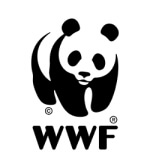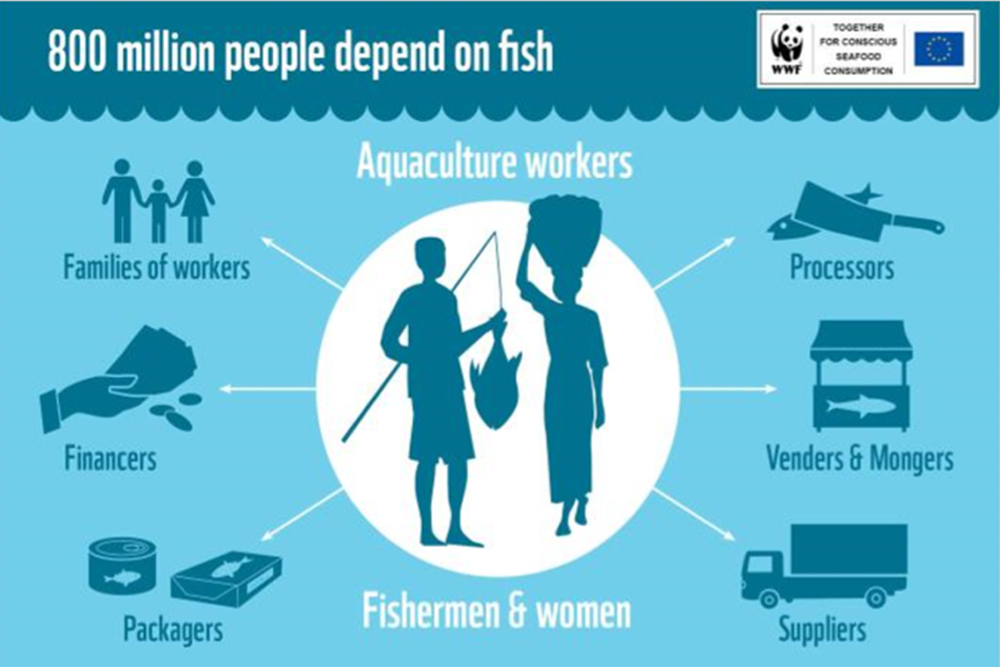Globally, more than 800 million people rely on seafood for their livelihoods. Most of them live in developing countries. While the global population continues to grow, increasing the need for seafood for food security, our oceans are under severe pressure. 90% of fish stocks are either overfished (31%) or fully fished (59%). Illegal, unregulated, and unreported (IUU) fishing, as well as exploitative labor, endanger the integrity of the seafood supply chain. Furthermore, unsustainable fishing practices, together with climate change, affect the productivity of our ecosystems, thus endangering fish stocks. Coastal communities in developing countries are most at risk, because of their dependence on seafood for food and income, and because of their vulnerability to climate change.
The EU is the world’s largest single seafood market in the world, with 50% of its seafood imports coming developing countries. Thus, European consumers and corporations are essential in safeguarding marine resources for the millions of people who rely on them. European consumers and corporates are also important in ensuring that the seafood supply chain, all the way down to the producers in developing countries, is safe, non-exploitative, and sustainable. The EU co-funded Fish Forward 2 Project believes that a responsible choice of seafood in Europe is a global driver for change.
The Fish Forward 2 Project is targeted towards four groups: consumers, corporates, public authorities, and producers. The activities of these four groups are interconnected: consumers can only buy sustainable seafood if it is available on the market. Corporates will sell sustainable seafood if there is a demand for it. Producers will fish sustainably if the prices for sustainable seafood are adequate, and if there is sufficient demand. Public authorities can support sustainable seafood practices through effective and relevant legal frameworks.
Because of the interdependencies among EU nations and developing countries, the Fish Forward 2 Project is a collaboration of 17 partners in 17 countries, with WWF-Austria as the lead, 11 WWF EU offices, 5 WWF offices in developing countries and the Environmental Justice Foundation.
Within FF2, WWF-Philippines will focus on local and national government authorities and small-scale fishers living in coastal communities. The overall aim is to integrate producers into seafood supply chains by promoting sustainable fishing and reducing exploitative fishing practices.
For more information on Fish Forward 2, feel free to email Fish Forward Project Officer Ms. Raisa Pandan at rpandan@wwf.org.ph.


